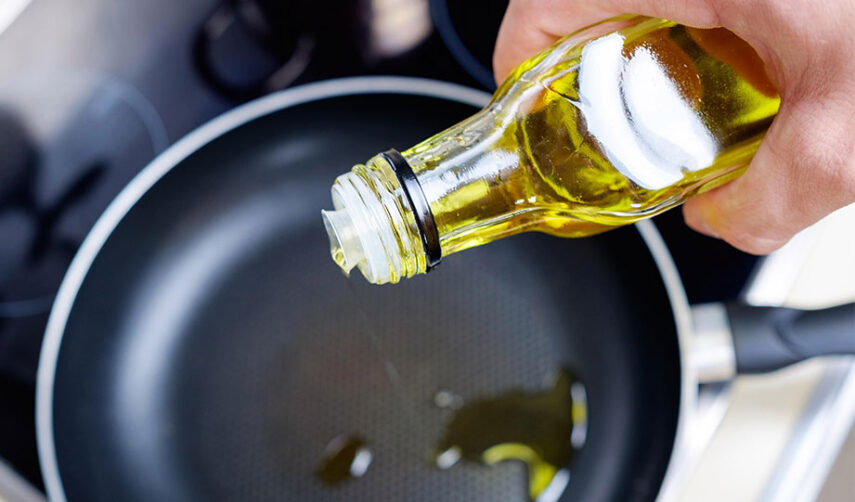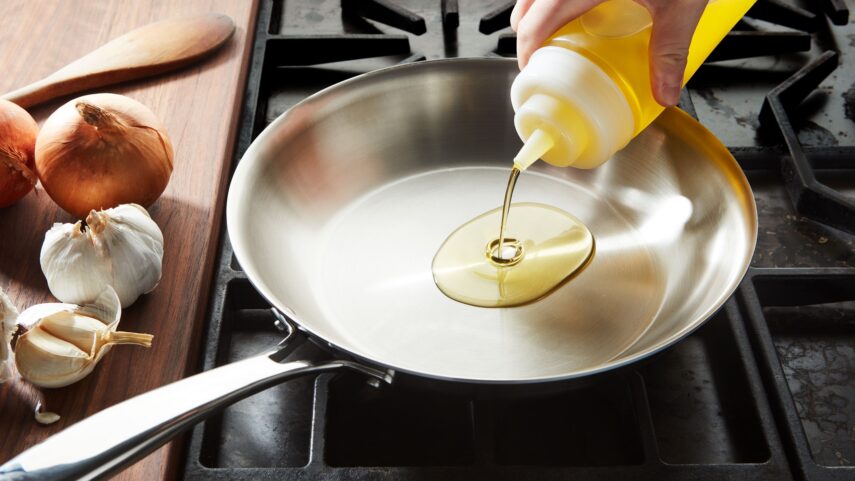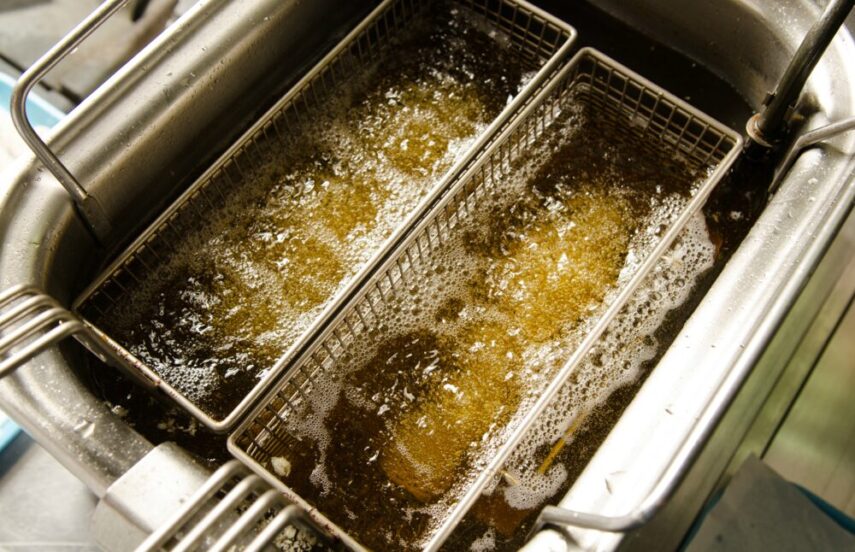Restaurants or household food, cooking oil is an integral part of every meal. Although edible oil is part of many curries, many times frying oil is repurposed more than once. Healthcare practitioners suggest not using frying oil more than three or four times. Reheating and reusing frying oil can lead to many uninvited diseases like heart issues, hypertension and heart burn. Used cooking oil can be recycled and sold to companies with oil processing plants.
Disposing of the leftover oil in the kitchen sink can cause blockage in the drainage system if poured directly. The blockage may lead to polluting the drinking water that may cost people to get sick or worse. The used plant based oil gets spoiled if kept for a longer period but it has a lot of energy that can be converted into biodiesel, glycerol or bio paraffin. Used cooking oil when repurposed is also an inexpensive and sustainable feedstock.
Benefits of recycling used cooking oil (UCO)

-
Environmental benefits
It is estimated that every year over six million tons of cooking oil can be collected and recycled from Europe .Many restaurants and households instead of recycling used cooking oil dispose of via drains that clog the drains and disrupt the sewerage system. Cooking oil solidifies in lower temperature thus affecting wastewater disposal difficulty. Or if the oil is disposed of in the seas it costs the lives of aquatic organisms. Environment protection agencies insist that cooking oil and animal fat spills have the same devastating effects on aquatic life as petroleum oils. So if the UCO is recycled you can contribute to supporting the environmental system.
-
Creation of renewable energy
Used cooking oil is a byproduct of restaurant businesses. If repurposed properly, it can be a good source of biodiesel and used as a fuel. Many restaurants that produce large volumes of oil wastes sell or donate their used oil to collection and refining companies. Another co product of biodiesel is glycerin that is used in plenty of cosmetics, hand sanitizers and skin care products. Also renewable butane and propane are also bi products of biodiesel that are used in varnish, plastic and paint thinners. Recycled used cooking oil is also a source of animal feed supplement. Used cooking oil known as urban crop can also be used in slow release fertilizer.
-
Rely on local resources
Sweden has thousands of cars running on renewable diesel sourced from the paper industry through hydrogenation. Repurposing cooking oil on a large scale not only promises a clean environment it also generates income for the local population. Also the economy that may have to import fuel for working its industries can produce it through a very low cost investment. . Buyback collection could be a huge driving force in job creation.
How to store leftover UCO?

If your restaurant produces a large volume of UCO, you must responsibly repurpose it. Restaurants in U.S.A alone generate 3 billion gallons of waste oil per year. Historically edible oil was known as waste product of the hotel industry but now due to government policies and environment friendly steps it is converted into a non-toxic and biodegradable diesel.
When you cook it is obvious that you may have some of the leftover oil in your kitchens. You can store that left out oil in sealed containers and keep them for collection companies. Any kind of edible Fat, oil and grease (FOG) can be recycled into diesel fuels. Restaurants can keep separate containers other than solid wastes for disposing of frying oil.
Who can collect Used cooking oil?
Used oil from restaurants and other traders would be collected and recycled by the companies like MBP solutions. They collect your waste cooking oil from your home or restaurants through specially designed equipment. These companies have specialized skilled workers for repurposing of the collected oil through refining plants. Used sunflower, palm or soya oil are transferred to processing plants from collection points and can be then converted to renewable energy resources.
How is cooking oil recycled?

In these refining units used vegetable oil is filtered from any debris or solid wastes. It is heated to an optimum temperature and then cooled down to store in sealed utensils. As part of this process collected oil is tested and assessed for quality. The processed UCO is then taken to the bio refinery where oil passes through a series of refinement and separation procedures. The company ensures the biodiesel produced through used edible oil is clean and odorless.
Opportunities for restaurant businesses and household consumers to repurpose used cooking oil (“yellow grease”) has increased. Used cooking oil can be refined into different types of biofuels used for power generation and heating. The significant benefit is eco-friendly low carbon emitting fuel.
Future of recycling UCO
Recycling and collection companies are striving around Scandinavian countries to encourage businesses for proper disposal of used oil. However there is a lack of proper infrastructure for collection from households. A large quantity of used edible oil is still poured down the drains from the domestic kitchen. There is a need for awareness drives in local communities for the repurpose of leftover oil. To encourage the communities, the government and collection companies can give incentives to people who collect the waste oil. Also the market of renewable energy is increasing due to growing demand for clean energy resources. States like California have an entire renewable fuel standard that is helping them reduce their carbon footprints.
It’s important for communities to prioritize sustainable solutions for a greener environment and healthy society. Biodiesel can be used as an alternative for anything currently running on diesel. Used cooking oil recycling is a need for a sustainable future of earth.
Related Posts:
- 4 Things that You Probably Did Not Know about Toner…
- Crucial Benefits Of CBD Oil You Must Know in 2024
- 10 Benefits of THC Oil You Should Know About
- Maggie Rogers did "This" after Harassed at live Stage
- 8 Famous Celebs Who Did Adult Films Before They Were Famous
- How Did the Marvel Film Franchise Become So Successful?







